These activities offer opportunities for children to develop their spatial reasoning. You may find it helpful to read our article The Importance of Shape and Space in the Early Years before taking a look at the activities.
For further support, including a learning trajectory from birth to seven years, please see the Early Childhood Maths Group's Spatial Reasoning Toolkit, which was created in collaboration with the University of Surrey.
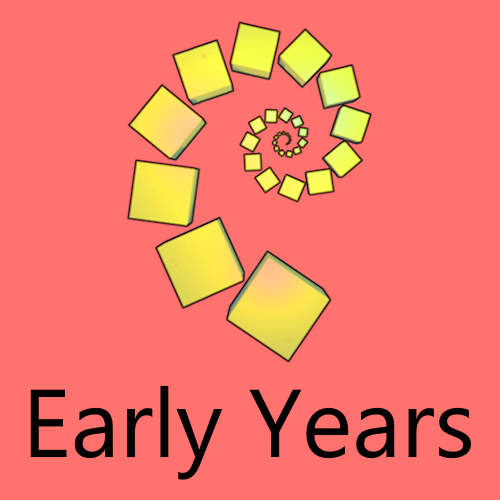
Barrier Games
Barrier games build on children's natural desire to combine block play with small world items.
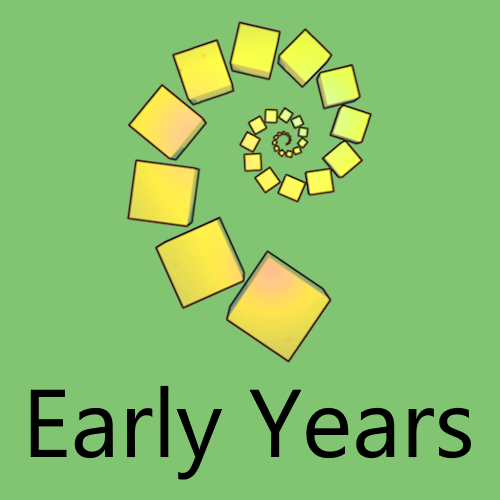
Mapping
In this activity, children are encouraged to follow familiar and new routes, and to create their own maps.
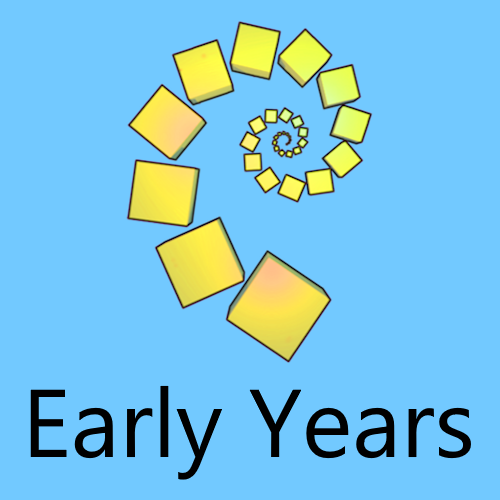
Obstacle Course
As children move around an obstacle course, adults can model positional language, encourage children to describe their movement themselves and create their own course.
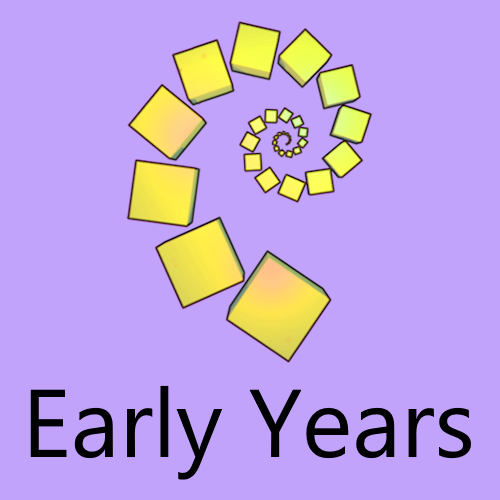
Packing
This activity involves sorting toys into categories by using comparing and classifying skills.
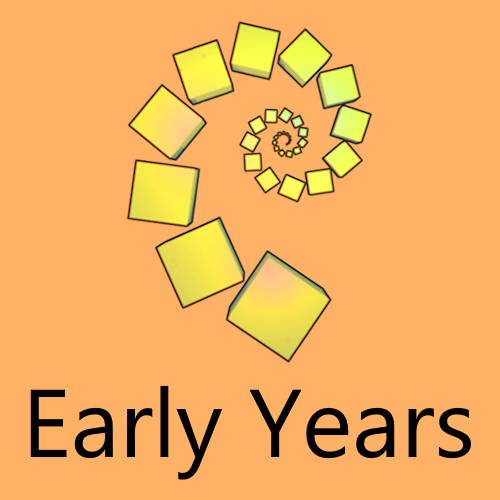
Shapes in the Bag
In this task, children put their hands into a bag and describe what shape they think they can feel and why.
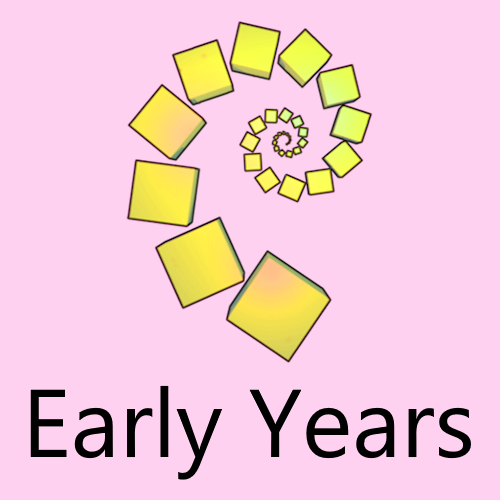
Small World Play
This activity provides an engaging context for children to consider the space they will allocate for some 'small world' toys, and how many toys they will be able to fit into the space.
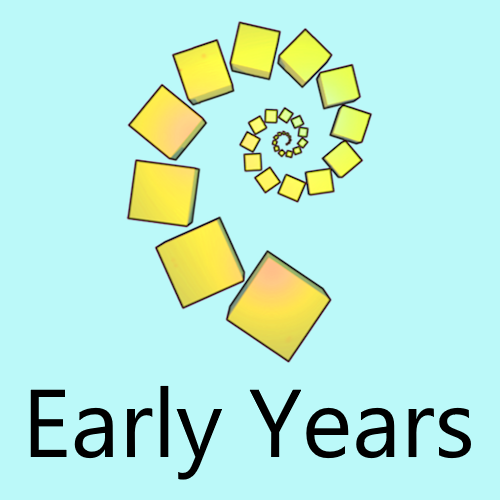
Scooters, Bikes and Trikes
When waiting for a ride on outdoor toys, children can consider which route they might take around the outside area and how long they will spend on their toy.

Building Towers
In this task, children will explore 3D shapes when selecting which shapes to use in their tower.

I Have a Box
In this activity, having access to a mystery box will spark children's imagination and encourage them to describe what they notice about the box.

Position With Wellies
This task uses the familiar situation of a shelf of objects to encourage children to use positional language and follow directions to find their wellies.

Tubes and Tunnels
When investigating these tubes, children will have the opportunity to practise using everyday language to talk about length, size and position.

Paths
By making 'paths' out of different materials and discussing these, children will develop their shape and space language in this activity.

Can You Build This?
Children explore characteristics of shapes and use both everyday and mathematical language to describe them, talk about positions and solve problems

Exploring 2D Shapes
In this task, children will make shapes out of loops of string and discuss what they notice about their shapes.

Making Footprints
In this activity, children will develop an awareness of the faces of 3D shapes by using them to make 'footprints' in soft dough.

Making a Picture
This task provides an opportunity for children to work together to make a picture, discussing with each other which position they want to put each shape in.
